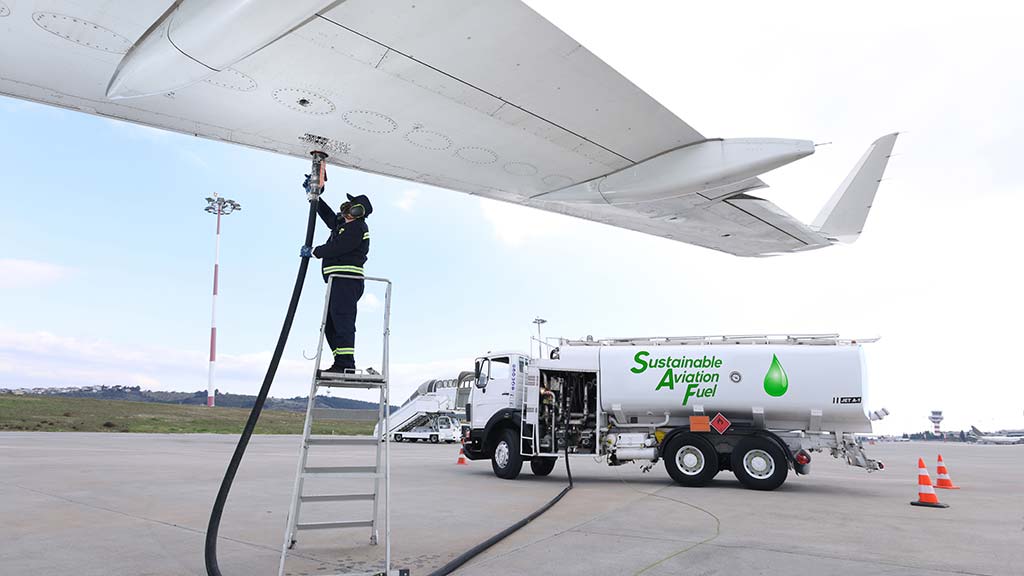Ireland has published its first Sustainable Aviation Fuel (SAF) policy roadmap, a move set to reshape the aviation landscape for airlines, airports and business travellers.
Launched on 21 August by Transport Minister Darragh O’Brien, the strategy is being positioned as both a climate measure and an economic opportunity, with the Government promising to provide the “building blocks” for SAF deployment across Ireland’s airports.
For airlines operating out of Dublin, Shannon and Cork, the roadmap signals a new era. Regulators will push for greater use of SAF in the fuel mix, in line with European Union rules under the ReFuelEU Aviation initiative, which sets mandatory blending requirements for carriers from 2025 onwards. “The roadmap recognises the important contribution that Sustainable Aviation Fuel can make toward decarbonising the aviation industry,” O’Brien said, adding that it will help create certainty for investors and operators alike.
The document, produced with input from the Sustainable Aviation Fuel Task Force formed in late 2023, sets out how Ireland plans to encourage both greater uptake of SAF by airlines and the development of domestic production capacity. For carriers, this will mean working closely with government and fuel providers to ensure supply chains are in place and that price premiums do not undermine competitiveness.
Business travellers may begin to see the effects of these policies as airlines pass on some of the costs of using greener fuels. However, the Irish Government argues that supporting SAF now is critical to ensuring that Irish aviation remains competitive as corporate sustainability targets increasingly influence travel procurement decisions. For global companies choosing between hubs, the ability of Dublin and Shannon to offer lower-carbon flight options could prove decisive.
The roadmap also positions Ireland as a potential hub for SAF innovation, aiming to attract investment in new production facilities that could create skilled jobs and reduce reliance on imports. Officials believe this not only strengthens the country’s aviation sustainability credentials but also provides resilience for airlines serving Ireland’s critical business and tourism links.
The Department of Transport described the roadmap as a living strategy, one that will evolve as technology advances and international policy shifts. Future iterations are expected to provide greater clarity on funding mechanisms, incentives for producers, and potential subsidies for airlines, aligning Ireland’s ambitions with global leaders in SAF such as the Netherlands and Scandinavia.
For the business travel sector, the policy represents both a challenge and an opportunity. Companies will need to adjust to the likely higher ticket prices associated with SAF blending, but they will also be able to report more sustainable travel to stakeholders, aligning with environmental, social and governance (ESG) commitments.
As one aviation analyst noted, “Corporate travellers are increasingly asking airlines to show their carbon credentials. Ireland’s SAF roadmap puts Dublin and Shannon on a path to compete with Amsterdam, Oslo and Copenhagen as low-carbon gateways.”
The message is clear: for Ireland’s aviation sector — and for the businesses that depend on it — the era of sustainable flying has officially begun.


